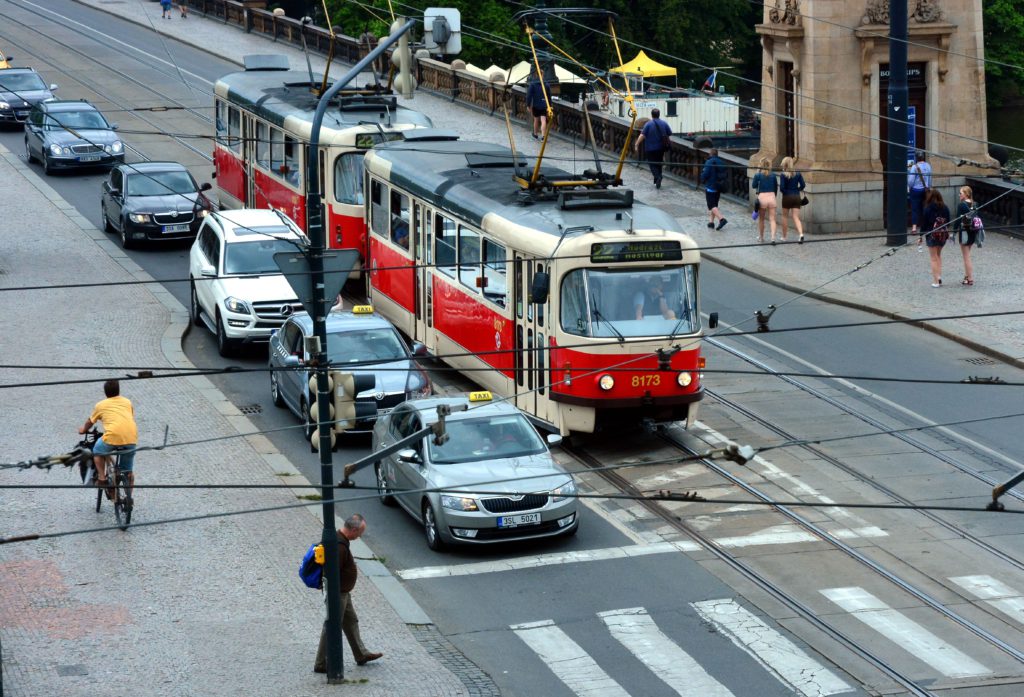COVID-19 implications to sustainable urban mobility – some observations
About 2.6 billion people are under lockdown to contain the spread of the virus. Many countries have closed their borders and imposed curfews – resulting in sharp reductions in transport demand also on regional and continental level. It is highly likely that the coronavirus outbreak will have longer-term impacts to our individual behavior and lifestyle, the way we work, consume and travel. Public transport but also shared mobility services are on the one hand vectors for distribution of the virus. On the other hand, they are severely impacted by travel bans and individual concerns in order to avoid public gatherings leading to plummeting ridership and reduced travel and transport demand.
The overall picture and the longer-term implications to the public transport systems and shared-mobility operators is still very complex and fuzzy: On the one hand travel demand is falling globally due to the virus spread (80 up to 90 percent in some Chinese cities due to curfews). On the other hand, a decline in travel demand due to behavioral change of individual users and specifications by companies is seen.
Against the background of the virus spread, what are key trends emerging related to sustainable mobility and what are preliminary lessons learnt from measures taken for instance in China, Korea and other parts of the world?
To read the article from SUTP in full, please see here.
